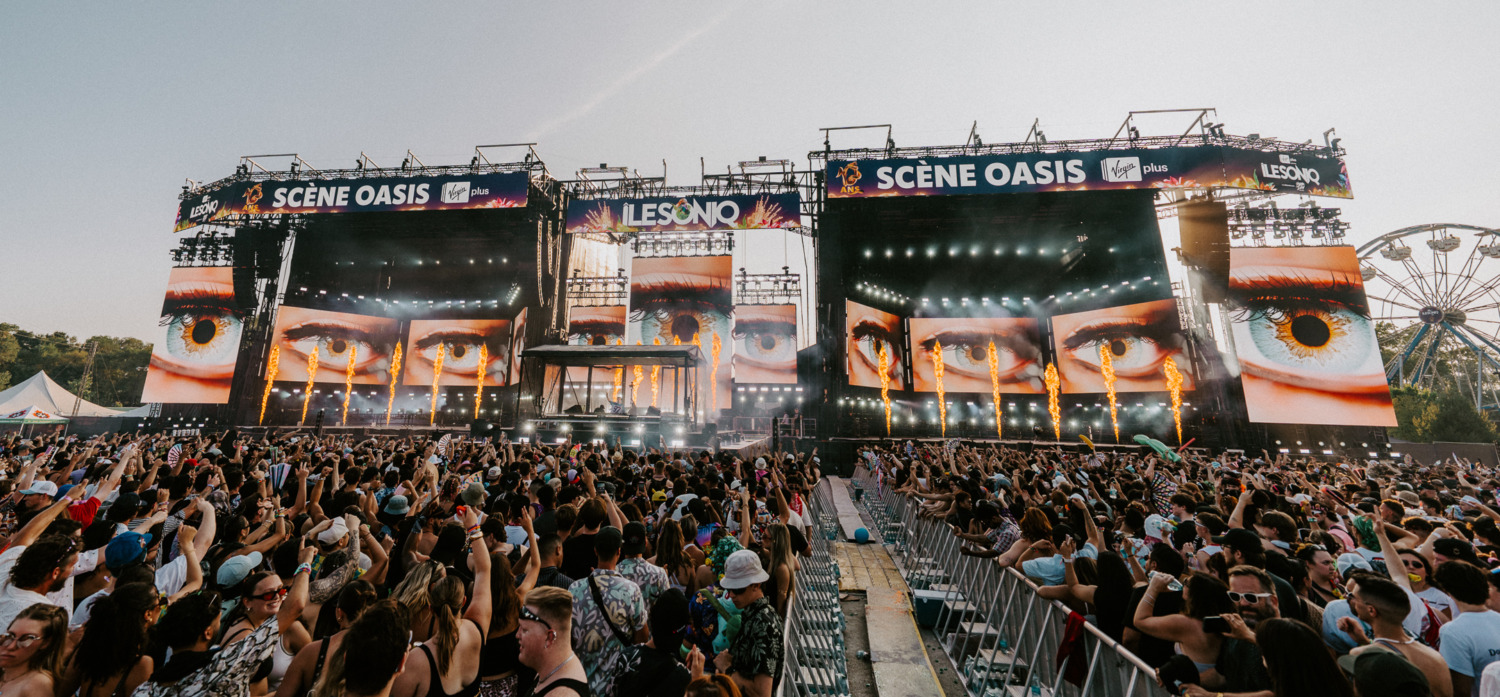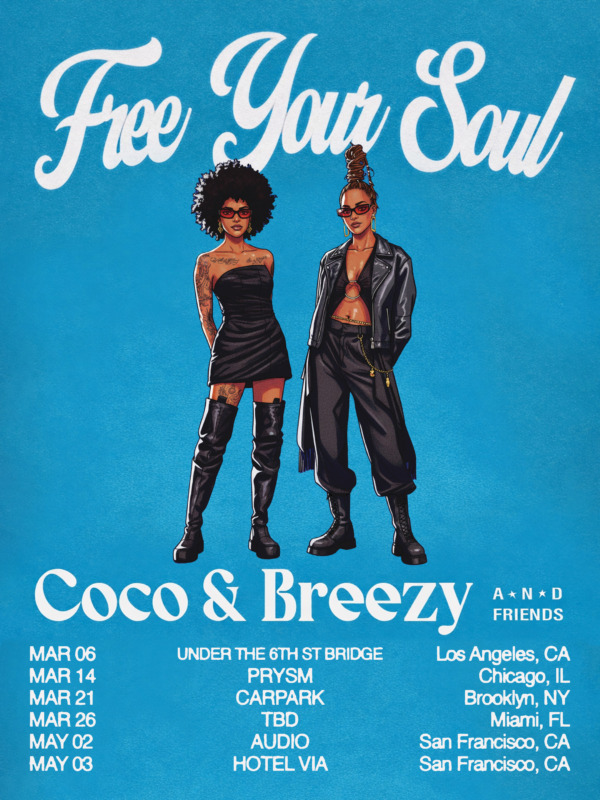WARNING: The following contains spoilers for Look Back by Tatsuki Fujimoto, Amanda Haley and Snir Aharon, available now in English from Manga Plus and Viz Media.
Shonen Jump+ has made dialogue edits to Look Back, a one-shot manga by Chainsaw Man author Tatsuki Fujimoto, "out of a desire to avoid depicting something that could be linked to promoting bias or discrimination."
The edits, which as of this writing have only been made to the original Japanese publication and not the English translation available on Manga Plus and Viz Media's Shonen Jump website, change the initial motivations of the man who attacks an art school in the story. The initial publication attributed this attack to mental illness with the line "According to his statement, he was hearing voices insulting him during a paranoid episode." This line was replaced with one saying he intended to kill the first person he laid eyes on. This change seems like a clear attempt to avoid promoting negative stereotypes about people with schizophrenia and other mental illnesses involving delusions.
While those changes clearly relate to Shonen Jump+'s stated intention of avoiding "bias or discrimination," the other major change in dialogue isn't quite so directly connected to such issues and will likely prove controversial. During the attack scene in the initial publication, the killer said "They're wrong! It's mine, isn't it?! It was my idea first! You plagiarized my art, didn't you?!" The references to plagiarism have been removed and replaced with the killer instead thinking that his artist victims were looking down on or mocking him.
The initial reference to plagiarism allegations as the killer's primary motivation served as a direct parallel to the 2019 arson attack on Kyoto Animation, in which 36 people were killed and 33 injured by a man who accused the studio of plagiarizing his novels. Removing this direct parallel is a fairly significant change in Don't Look's meaning, but it seems plausible that some might have complained about it being too soon to reference a real-life tragedy in this way.
Writing about the manga for CBR, Xianwei Wu argued that "Given that the KyoAni tragedy is still fresh in many people’s minds, especially on its anniversary, some might consider Fujimoto’s work to be insensitive. Even though he refrained from portraying the tragedy in any gory detail -- as he often does in his other works -- it could still conjure up some painful memories simply by alluding to this event during the climax of the story."
Source: Twitter, via Anime News Network
About The Author

